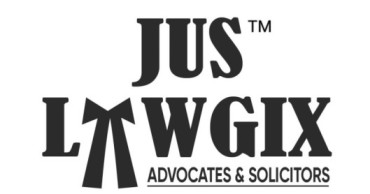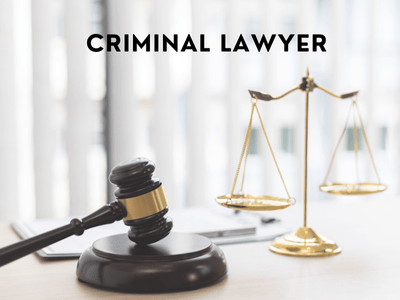How a Criminal Lawyer Builds a Strong Defense Strategy
Protecting Your Rights, Preserving Your Freedom
When you're facing criminal charges, your future may be on the line. Whether it’s a minor offense or a serious allegation, having a well-prepared defense is crucial. This is where an experienced criminal lawyer steps in — not just to argue your case in court, but to build a strategy that protects your rights at every step.
So how exactly does a criminal lawyer build a strong defense strategy? Let’s break it down.
1. In-Depth Case Review
Every strong defense starts with a thorough understanding of the case. A criminal lawyer carefully examines all the facts, evidence, and circumstances surrounding the charges. They look for inconsistencies, weak points in the prosecution's argument, and any violations of legal procedure.
Key Focus:
- Reviewing police reports
- Analyzing arrest procedures
- Studying forensic evidence
- Interviewing witnesses
2. Understanding the Law
A seasoned criminal lawyer knows how to interpret complex criminal statutes, case laws, and procedural rules. They use this legal knowledge to find precedents or technicalities that can be used to your advantage.
Key Focus:
- Identifying legal loopholes
- Applying relevant judgments
- Citing constitutional protections
3. Investigating Independently
While the police conduct their own investigation, your defense lawyer may conduct a parallel investigation to uncover facts that were missed or ignored. This might include finding new witnesses, visiting the crime scene, or hiring private investigators.
Key Focus:
- Gathering new evidence
- Verifying alibis
- Disproving prosecution claims
4. Challenging the Evidence
One of the most powerful tools a criminal lawyer has is the ability to question the credibility and legality of the prosecution’s evidence. If the evidence was obtained illegally or if it lacks reliability, your lawyer can request for it to be excluded from the trial.
Key Focus:
- Filing motions to suppress evidence
- Cross-examining forensic experts
- Highlighting chain-of-custody issues
5. Crafting a Persuasive Narrative
A good defense is not just about facts; it’s about telling a compelling story that humanizes the accused and presents a reasonable explanation or doubt. Your lawyer will build a narrative that aligns with the evidence but also evokes fairness and justice.
Key Focus:
- Establishing motive or lack thereof
- Demonstrating good character
- Creating reasonable doubt
6. Negotiating Plea Deals (When Appropriate)
In some cases, it may be in your best interest to negotiate a plea bargain. A criminal lawyer uses their negotiation skills and understanding of the system to secure reduced charges or lighter sentencing, if a trial is too risky.
Key Focus:
- Assessing risks vs. benefits of a plea
- Negotiating with prosecutors
- Protecting long-term interests
7. Preparing for Trial
If your case goes to trial, your lawyer prepares extensively — selecting a jury, creating opening and closing arguments, preparing witnesses, and developing cross-examination strategies. Every move is calculated to create doubt in the jury’s mind.
Key Focus:
- Mock trials and rehearsals
- Developing a trial timeline
- Adapting strategies as the trial unfolds
Final Thoughts
A criminal lawyer does much more than argue in court — they act as your shield, strategist, and advocate. Building a strong defense strategy requires skill, experience, attention to detail, and a deep understanding of the law.
If you or a loved one is facing criminal charges, don’t take chances. Consult a criminal matters lawyer as early as possible. The sooner you act, the stronger your defense can be.

